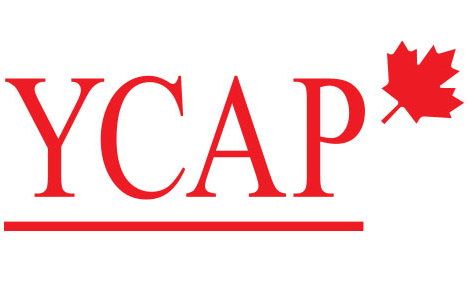
20 Nov Panel Discussion: Disputes Arising from the Energy Transition in the US & Canada
Author: Hinda Rabkin and Penina Cohen
On November 20th 2024, as part of New York Arbitration Week, Freshfields hosted a panel discussion titled “Disputes Arising from the Energy Transition in the US & Canada” in its New York office. The event was organized by Freshfields and Young Canadian Arbitration Practitioners (“YCAP”). Moderated by Hinda Rabkin (Freshfields), the panel featured speakers Professor Stratos N. Pahis (Brooklyn Law School), Mary Kate Wagner (BakerHostetler), Colin Hill (In-House Counsel, Orix), and Simon Braithwaite (Construction Expert, Diales).
Each panellist discussed different aspects of disputes arising from renewable energy projects in the United States and Canada.
Investor-State Disputes
The panel discussed the flow of new investments into clean energy and how investors saw the need to have investment protection for their investments. The panel addressed the impact of the withdrawal of the EU from the Energy Charter Treaty (“ECT”), noting that the ECT’s sunset clause will bind EU Member States for the next 20 years. The panel also discussed the prospective adoption of the modernized ECT which covers renewable energy investments. In North America, the panel noted that Canada did not sign on to the investment chapter of the USMCA, which may leave American investors investing directly into Canadian renewable energy projects without treaty protection.
The panel discussed whether renewable energy investments may be protected by contracts concluded with states that offer similar protections to investor-state treaties.
Commercial Disputes
The panel discussed what types of arbitration clauses are helpful when disputes arise in renewable energy projects. In particular, the panel discussed whether multi-tiered dispute resolution clauses, short deadlines for the issuance of awards, and expertise requirements were a benefit or an obstacle preventing appointing the right tribunal to decide the dispute. Adopting the approach of “the more complex the contract, the more complex the dispute resolution clause” may at times work against the efficient resolution of the dispute. The audience shared experiences of having engineers or other experts on the tribunal and how that improved the technical aspects of the award.
Disputes arising from renewable energy projects in the United States
The panel discussed legal issues from the perspective of corporates investing in renewable energy projects. The disputes that arise are varied and often handled in-house. For example, there are disputes related to easements for the installation of renewable energy projects and similar issues that go to state court. The panel also discussed that there is increased risk for disputes in this space because the newer the technology, the greater the risk that the project fails.
Construction Disputes
The panel then discussed the disputes that arise from the construction of renewable energy projects. The construction expert’s advice was to have an arbitration clause in construction contracts because the parties can then tailor the proceedings to the technical requirements of the dispute.
The construction expert noted that there are two main causes of construction disputes arising from renewable energy projects. The first is delay due to the remote locations of many of these projects, with related logistical issues. Audience members shared stories of disputes arising from projects that were located in remote areas with difficult conditions. The second cause is technological issues. The novelty of renewable energy technologies can lead to manufacturing defects, which may upend or severely delay projects. Despite the fact that logistical and technological issues may be commonplace in renewable energy projects, the underlying contracts for these projects sometimes do not include adequate risk-allocation provisions, leading to disputes over who is responsible for paying to remedy these errors.
Conclusion
The panel discussion offered a high-level overview of the impact the energy transition is having on disputes in the United States and Canada, with disputes expected to continue with the pace of investments in this space. As this panel showed, those who plan ahead by putting due consideration into their dispute-resolution and risk-allocation clauses will be well-equipped to face these new disputes.
